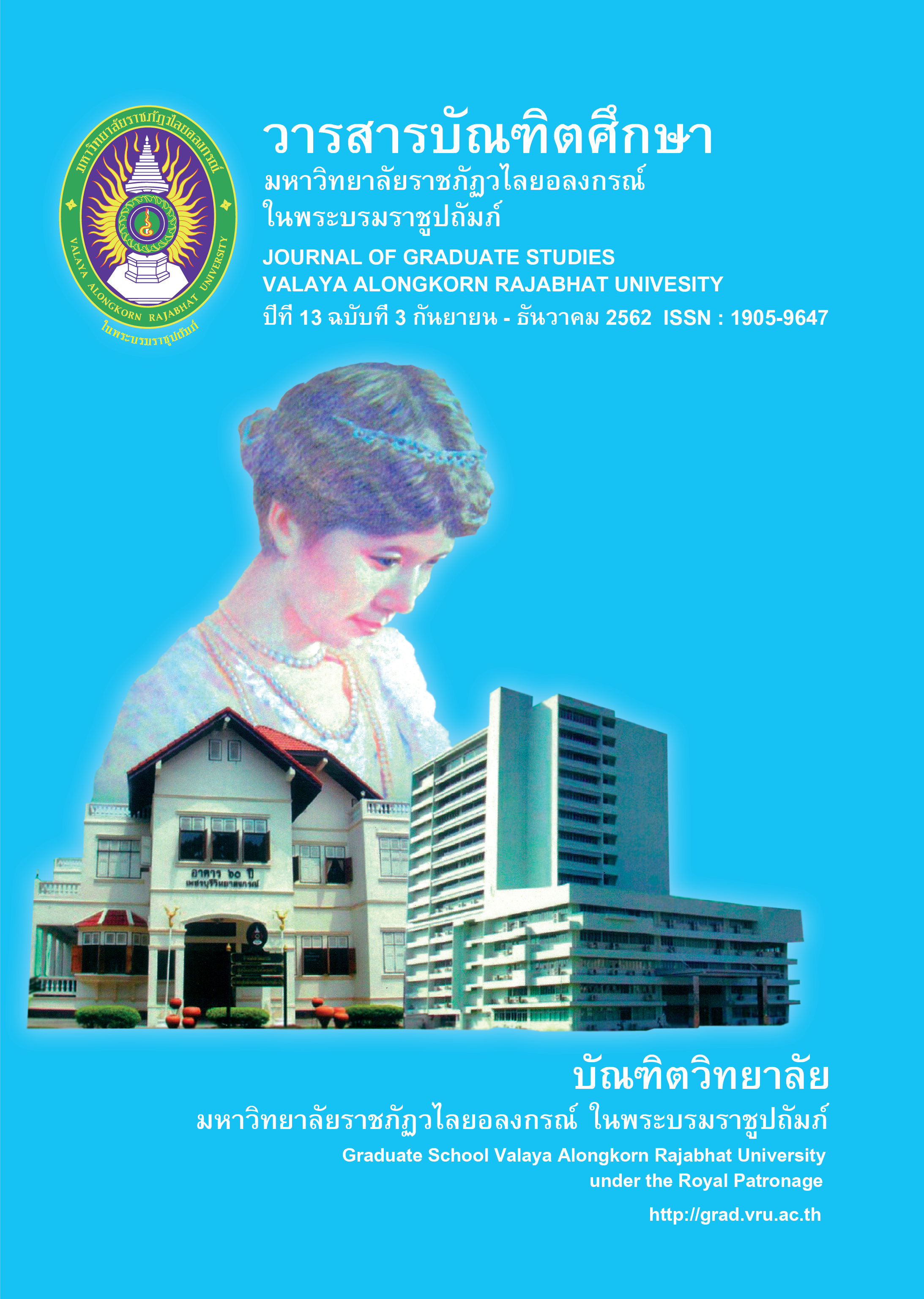TEACHERS’ USE OF FORMATIVE ASSESSMENT IN THE CONTEXT OF LESSON STUDY AND OPEN APPROACH
Main Article Content
Abstract
The objective of this study was the teachers’ use of formative assessment in the context of lesson study and open approach. The target group of this research study consisted of one mathematics teacher. And twenty eight 4th graders. Data were collected on circle and sphere learning unit, gathered by teacher behavior form, teacher self-reflection, lesson plan, and teacher interview. The data were qualitatively analyzed of formative assessment.
Research revealed that the teacher performed in practitioner level as follows: (1) indicated learning objectives in the lesson plan, (2) compared emerged students’ ideas with prescribed learning objectives, (3) used questions to encourage students’ problem solving, (4) gave a chance to students to explain and reason their ideas, provided opportunity for students to compare and summarize ideas, (5) waited for students’ answering, (6) asked suitable and follow up questions, encouraged students to do self-assessment and check their own thinking, but not obviously on students’ learning adjustment, (7) noticed on active behavior of learning of students, (8) recognized on students’ feeling, (9) slightly adjusted her own teaching from evidence of assessment in classroom, evidence of students’ learning, (10) used evidence of learning to indicate students’ understanding which was in line with objective of leaning.
Article Details

This work is licensed under a Creative Commons Attribution-NonCommercial-NoDerivatives 4.0 International License.
บทความทุกเรื่องได้รับการตรวจความถูกต้องทางวิชาการโดยผู้ทรงคุณวุฒิ ทรรศนะและข้อคิดเห็นในบทความ Journal of Global of Perspectives in Humanities and Social Sciences (J-GPHSS) มิใช่เป็นทรรศนะและความคิดของผู้จัดทำจึงมิใช่ความรับผิดชอบของบัณฑิตวิทยาลัย มหาวิทยาลัยราชภัฏวไลยอลงกรณ์ ในพระบรมราชูปถัมภ์ กองบรรณาธิการไม่สงวนสิทธิ์การคัดลอก แต่ให้อ้างอิงแหล่งที่มา
References
Bureau of Academic Affairs and Educational Standards. (2011). nǣo patibatkān wat læ kānpramœ̄nphon kān rīanrū tām laksūt kǣn klāng kānsưksā naphư̄n thān Phutthasakkarāt 2551 [Assessment and evaluation according to Learning Standards in the Basic Education core Curriculum B.E. 2551 (A.D.2008)]. Bangkok: The Agricultural Co-operative Federation of Thailand, LTD.
Cauley & McMillan. (2010). Formative Assessment Techniques to Support Student Motivation and Achievement. The Clearing House. 83(1). 1-19.
Centre for Educational Research and Innovation. (2008). Assessment for Learning –The Case for Formative Assessment. Paper presented at OECD/CERI International Conference “Learning in the 21st Century: Research, Innovation and Policy”.
Eddy, C. M., & Harrell, P. E. (2012). Using concept maps as an assessment tool to close the achievement gap. National Science Foundation Robert Noyce Teacher Scholarship Program Conference, Washington, DC.
Inprasitha, M. (2004). kānsō̜n dōi chai withīkān bǣp pœ̄t nai chan rīan khanittasāt khō̜ng Yīpun [Teaching using Open Approach in Mathematics Classroom from Japan]. KKU Journal of Mathematics Education, 1(1).
Inprasitha, M. (2011). One feature of adaptive lesson study in Thailand: Designing learning unit. Journal of Science and Mathematics Education.
Inprasitha, M. (2018). kānnam nǣokhit kānsưksā chan rīan læ withīkān bǣp pœ̄t khao sū phākpatibat [Implementing Lesson Study and Open Approach into Practice]. Khon Kaen: Center for Research in Mathematics Education (CRME), Faculty of Education, Khon Kaen University.
Inprasitha, N. (2009). kānsưksā chan rīan (Lesson Study): nawattakam phư̄a phatthanā khrū læ nakrīan [Lesson Study: An Innovation for teachers and students development]. Doctoral dissertation. Curriculum and Instruction. Khon Kaen: Graduate School Khon Kaen University.
Leahy, S., Lyon, C., Thompson, M., & Wiliam, D. (2005). Classroom Assessment Minute by Minute, Day by Day. Educational Leadership.
Moss & Brookhart. (2009). Advancing Formative Assessment in Every Classroom: A Guide for Instructional Leaders. ASCD, VA.
Nohda, N. (2000). A Study of “Open-Approach” Method in School Mathematics: Focusing on Mathematical Problem Solving Activities. Paper presented at ICME 9, August 2000, Makuhari, Japan.
Stiggins. (2006). Assessment for Learning: A Key to Motivation and Achievement. Edge: Assessment for Learning. 2(2). 1-19.
Tachibana. (2007). Teaching and Assessment Based on Teaching Guides. In Isoda, M., Stephens, M., Ohara, Y., Miyakawa, T. (Eds). Japanese Lesson Study in Mathematics: Its Impact, Diversity and Potential for Educational Improvement (pp. 2-7), World Scientific.
Thinwiangthong, S. et al. (2017). kānpramœ̄n yāng thanthūangthī nai chan rīan thī chai kānsưksā chan rīan læ withīkān bǣp pœ̄t [AssessToday in Classroom using Lesson Study and Open Approach]. Proceedings of the 3rd Thailand Mathematics Education Conference. Chiang Mai: Faculty of Education, Chiang Mai University.
Wiliam, et al. (2003). Teachers Developing Assessment for Learning: Impact on Student Achievement. Assessment in Education. 11(1). 49-65.


